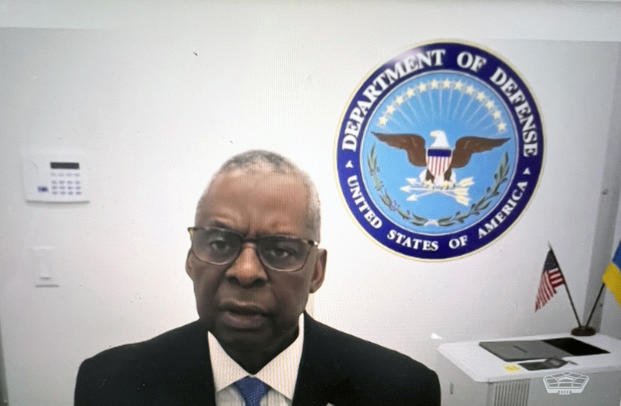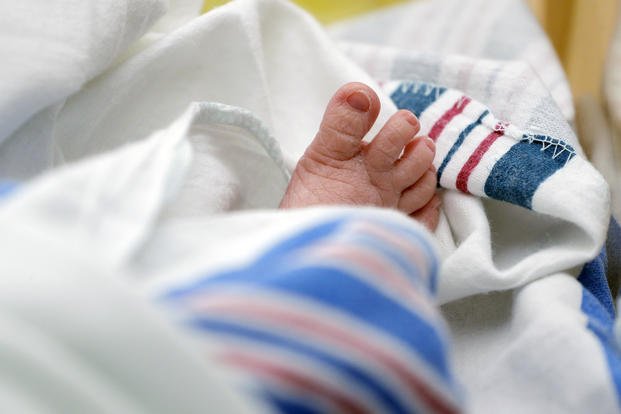
WASHINGTON — The White House[1] is laying out a new set of guidelines to ensure it will be informed any time a Cabinet head can't carry out their job after Defense Secretary Lloyd Austin's[2] secret hospitalization this month was kept for days from President Joe Biden and his top aides.
The new guidelines include a half-dozen instructions for Cabinet agencies to follow when there is a “delegation of authority," or when secretaries temporarily transfer their authority to a deputy when unreachable due to medical issues, travel or other reasons. White House chief of staff Jeff Zients launched a review[3] of existing notification procedures earlier this month shortly after Austin's hospitalization was disclosed, along with the Pentagon's failure to immediately alert the White House[4].
"Through your submissions, you demonstrated your commitment to notifying the White House in the event of a delegation – and upon assumption of a delegation, establishing contact with the White House," White House chief of staff Jeff Zients wrote in a memo sent to the rest of the Cabinet on Friday. The memo was obtained by The Associated Press.
Zients noted that some existing guidelines among agencies differed because of various laws, regulations and executive orders.
But “through this process we are assured that all agencies have a set of standard protocols they must follow in the event of a delegation of authority," he wrote.
From now on, Cabinet agencies must notify the White House Office of Cabinet Affairs and Zients' office when they're anticipating a delegation of authority and again when the delegation actually happens. It must also put in writing that the delegation is in effect and once that delegation has ended.
Once the interim leader has assumed authority, that person must contact his or her primary counterpart at the White House and the agency must follow any other notifications that are required under law — such as informing key lawmakers on Capitol Hill.
Agencies should ensure that authority is transferred when a Cabinet official is “traveling to areas with limited or no access to communication, undergoing hospitalization or a medical procedure requiring general anesthesia, or otherwise in a circumstance when he or she may be unreachable,” the memo reads.
The Pentagon said earlier this month[5] that Austin had a prostatectomy to treat prostate cancer on Dec. 22, for which he underwent general anesthesia at Walter Reed National Military Medical Center. He did not tell the White House about the procedure, but he did temporarily transfer some of his authorities to Deputy Secretary of Defense Kathleen Hicks.
Austin returned to Walter Reed on Jan. 1 after being in severe pain and was admitted to intensive care. The next day, he again transferred some authorities to Hicks, who was on vacation in Puerto Rico. In both instances, Hicks was not told why she was having authorities delegated to her.
The Pentagon did not tell the White House about Austin's hospitalization until Jan. 4, when national security adviser Jake Sullivan was informed and in turn told Biden.
© Copyright 2024 Associated Press. All rights reserved. This material may not be published, broadcast, rewritten or redistributed.

